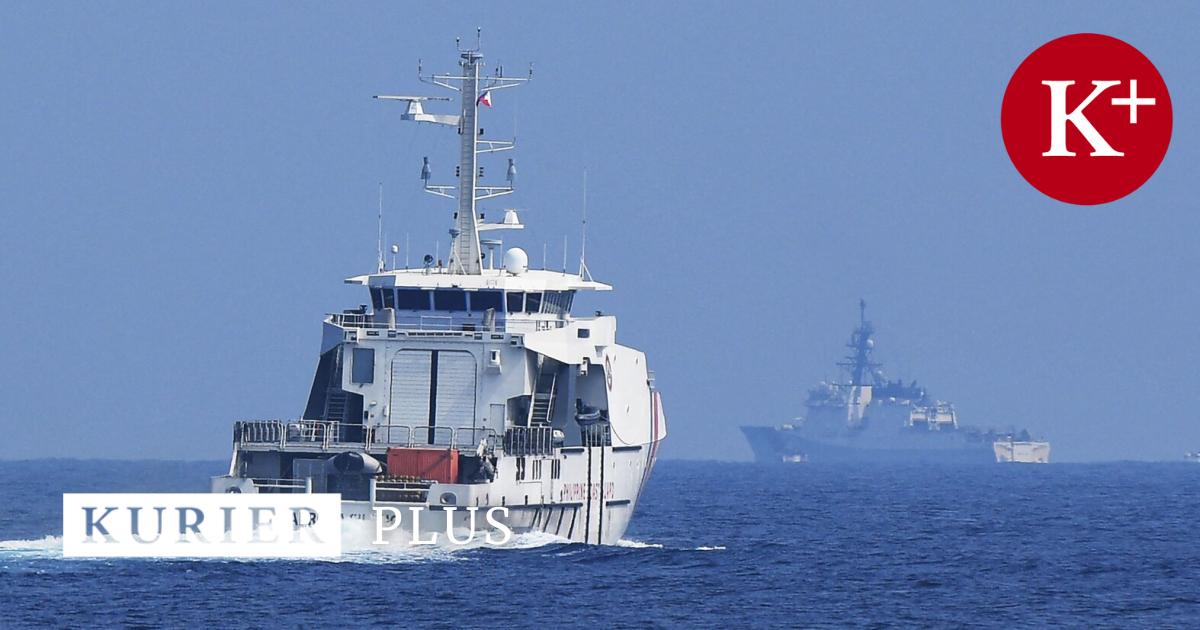- Fri. Apr 19th, 2024
Latest Post
Bosch Improves Emergency Response Time with Cutting-Edge Audio Technology in Security Systems
In the modern world, advanced audio technology is a crucial component of security systems. It ensures that messages are efficiently communicated, cutting through chaos to guide people to safety in…
Seeking sustained success: Brad Holmes advises against an “all-in” approach
The Lions came close to reaching the Super Bowl in 2023, losing in the NFC Championship Game to the 49ers. Detroit is one of 12 teams that have never won…
Exercise as Treatment For Depression: Some Activities May Provide Relief
A recent study published online analyzed 215 studies to determine the most effective types of exercise for managing symptoms of depression. The study compared walking, running, yoga, tai chi, qi…
Hubbard-Hall Purchases Prosys Finishing Technology
Hubbard-Hall Inc. has recently acquired Prosys Finishing Technology, expanding its product portfolio and welcoming Randy DiSano, former owner of Prosys, to their team as senior product manager. This strategic move…
Philippines and USA deploy 17,000 troops to the Indo-Pacific region
The recently signed agreement between the Philippines and the United States has led to extensive military exercises, with Japanese and European soldiers serving as observers. This is seen as the…
Another motion to release Tonoyan from custody was rejected by the court.
The anti-corruption court has rejected yet another petition to release former defense minister Davit Tonoyan from detention, as reported by “Azatutyun” Andranik Manukyan, one of his lawyers, stated that the…
Public Prosecutor Investigates Drama Involving Combine Harvester in Rostock
The terrible combine harvester accident in Hohen Luckow on August 19, 2023, resulted in a farmer losing his legs. The accident has raised questions about whether it could have been…
Joe Biden shocks with made-up tale of uncle devoured by cannibals in plane crash
During a visit to his hometown in Scranton, Pennsylvania, President Joe Biden shared a family story about his uncle, Lt. Ambrose Finnegan, who died in World War II. Biden touched…
Three VinFuture award recipients named among the Top 100 most influential individuals worldwide
Time Magazine honored Professor Daniel Joshua Drucker, Professor Joel Francis Habener, and Associate Professor Svetlana Mojsov as three of the 100 most influential people in the world in 2024. The…
Volcanic Eruption Forces Thousands to Evacuate
The Ruang volcano in Indonesia has erupted five times, prompting the evacuation of thousands of people. The evacuation began on Thursday, with Sam Ratulangi Airport in Manado, Sulawesi, near the…




